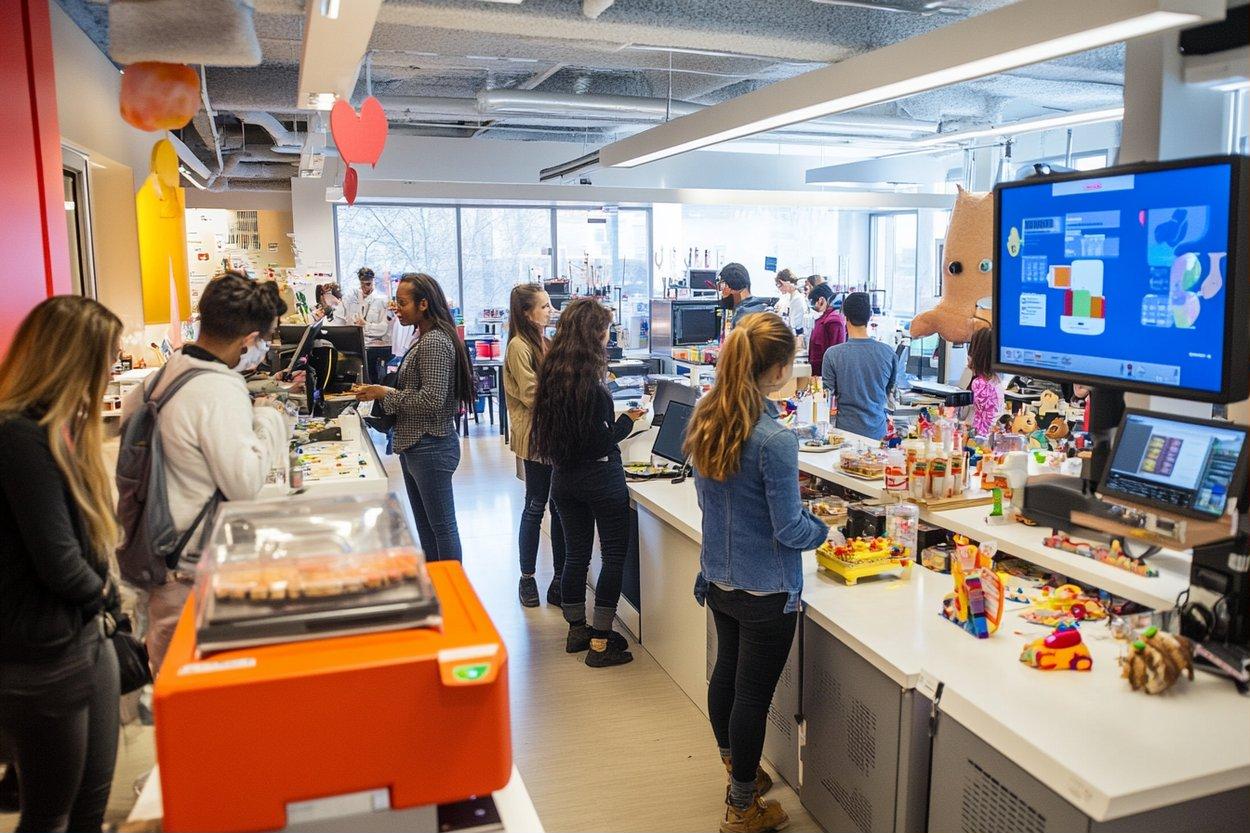Blockchain & Crypto Tutor Jobs in Singapore — Teaching Skills for the Digital Economy
Blockchain and crypto tutor jobs in Singapore are gaining attention as more learners explore digital assets, decentralized systems, and blockchain development. Tutors in this field help students understand the fundamentals of distributed ledgers, smart contracts, and cryptocurrency frameworks while also explaining practical applications across industries. With Singapore positioning itself as a hub for fintech and innovation, interest in structured education on blockchain and crypto continues to increase. For educators with both technical expertise and communication skills, these tutoring roles involve guiding learners through an expanding part of the digital economy.

Key Topics Covered by Blockchain and Crypto Tutors in Singapore
The curriculum for blockchain and cryptocurrency education in Singapore typically encompasses several foundational areas. Tutors generally cover blockchain fundamentals, explaining distributed ledger technology, consensus mechanisms, and the differences between public and private blockchains. Smart contract programming, particularly using languages like Solidity for Ethereum development, forms another critical component of the teaching framework.
Cryptocurrency education extends beyond Bitcoin to include the diverse ecosystem of digital assets, tokenomics, and the regulatory frameworks governing their use. Given Singapore’s position as a regulated crypto environment, tutors must stay current with the Monetary Authority of Singapore (MAS) guidelines and global regulatory trends. Many tutoring programs also incorporate practical trading strategies, wallet security best practices, and risk management techniques for digital asset investors.
Why Interest in Blockchain and Digital Assets Education is Increasing
Several factors drive the growing demand for blockchain and cryptocurrency education in Singapore. First, the nation’s “Smart Nation” initiative has prioritized digital transformation across industries, with blockchain technology playing a key role in this vision. The government’s proactive approach to fintech regulation has created a favorable environment for blockchain innovation and adoption.
The corporate sector’s increasing blockchain implementation has created a skills gap that education must fill. Major financial institutions in Singapore have launched blockchain-based services, from DBS Bank’s digital exchange to Standard Chartered’s blockchain trade finance platform, necessitating workforce upskilling. Additionally, consumer interest in cryptocurrencies as investment vehicles has surged, with a 2021 Independent Reserve Cryptocurrency Index finding that 43% of Singaporeans own some form of cryptocurrency.
Educational institutions are responding by developing specialized programs. Singapore Management University, Nanyang Technological University, and Singapore University of Social Sciences now offer blockchain courses, creating demand for qualified instructors. These trends collectively point to sustained growth in the blockchain education sector.
How Tutors Teach Both Technical and Practical Aspects of Crypto
Effective blockchain and crypto tutors in Singapore employ diverse teaching methodologies to address both technical complexity and practical applications. For technical knowledge transfer, they often utilize project-based learning approaches, guiding students through creating simple blockchain applications or smart contracts to reinforce programming concepts. Simulation tools and testnet environments provide safe spaces for experimentation without financial risk.
For practical education, case study analysis of successful blockchain implementations and cryptocurrency projects helps students understand real-world applications. Tutors frequently incorporate hands-on workshops for wallet setup, security practices, and basic trading exercises using demo accounts. Many experienced educators maintain industry connections, arranging guest lectures from blockchain professionals and organizing visits to companies implementing these technologies.
The most successful tutors bridge theoretical knowledge and practical skills by assigning capstone projects that solve real business problems using blockchain solutions. This approach ensures students develop both technical proficiency and the ability to apply these technologies in meaningful contexts.
The Role of Singapore as a Fintech Hub in Shaping Tutoring Demand
Singapore’s strategic position as Asia’s leading fintech hub directly influences the blockchain tutoring landscape. The government’s progressive regulatory approach, exemplified by the Payment Services Act and MAS’s regulatory sandbox for fintech innovations, has attracted over 750 fintech companies and numerous blockchain projects to establish headquarters in the city-state.
This concentration of blockchain activity creates distinctive tutoring opportunities. Educators must prepare students for immediate integration into Singapore’s thriving ecosystem, necessitating curriculum alignment with industry needs. The proximity to major blockchain employers enables tutors to develop industry-relevant teaching materials and potentially secure guest speakers from prominent companies.
Singapore’s financial institutions are actively recruiting blockchain talent, with positions at institutions like DBS, OCBC, and UOB requiring specialized knowledge. This employment landscape shapes tutoring content, as educators must address specific skills gaps identified by these potential employers. Additionally, Singapore’s status as a regional blockchain hub attracts international students seeking quality education in this field, expanding the potential student base for tutors.
Future Directions for Educators Specializing in Blockchain and Cryptocurrency
The evolution of blockchain technology and Singapore’s digital economy presents several emerging opportunities for blockchain educators. Decentralized finance (DeFi) education is becoming increasingly important as this sector matures, requiring tutors to develop expertise in protocols, yield farming strategies, and associated risks. Non-fungible tokens (NFTs) represent another growth area, with applications extending beyond digital art to areas like intellectual property and supply chain verification.
Enterprise blockchain solutions, particularly in logistics, healthcare, and government services, present teaching opportunities beyond financial applications. The integration of blockchain with other emerging technologies—artificial intelligence, Internet of Things, and quantum computing—will require educators to develop interdisciplinary teaching approaches.
As Singapore continues developing its central bank digital currency (Project Ubin) and explores digital identity solutions, tutors specializing in these areas will find increasing demand. For sustainability-conscious educators, the growing focus on energy-efficient consensus mechanisms and blockchain’s role in ESG (Environmental, Social, and Governance) initiatives opens additional teaching niches.
Educational Disclaimer: This article provides information about the blockchain and cryptocurrency education landscape in Singapore and potential teaching opportunities in this field. It does not constitute job listings or guaranteed employment opportunities. Individuals interested in pursuing tutoring roles in this sector should conduct further research and connect with relevant educational institutions and organizations.




